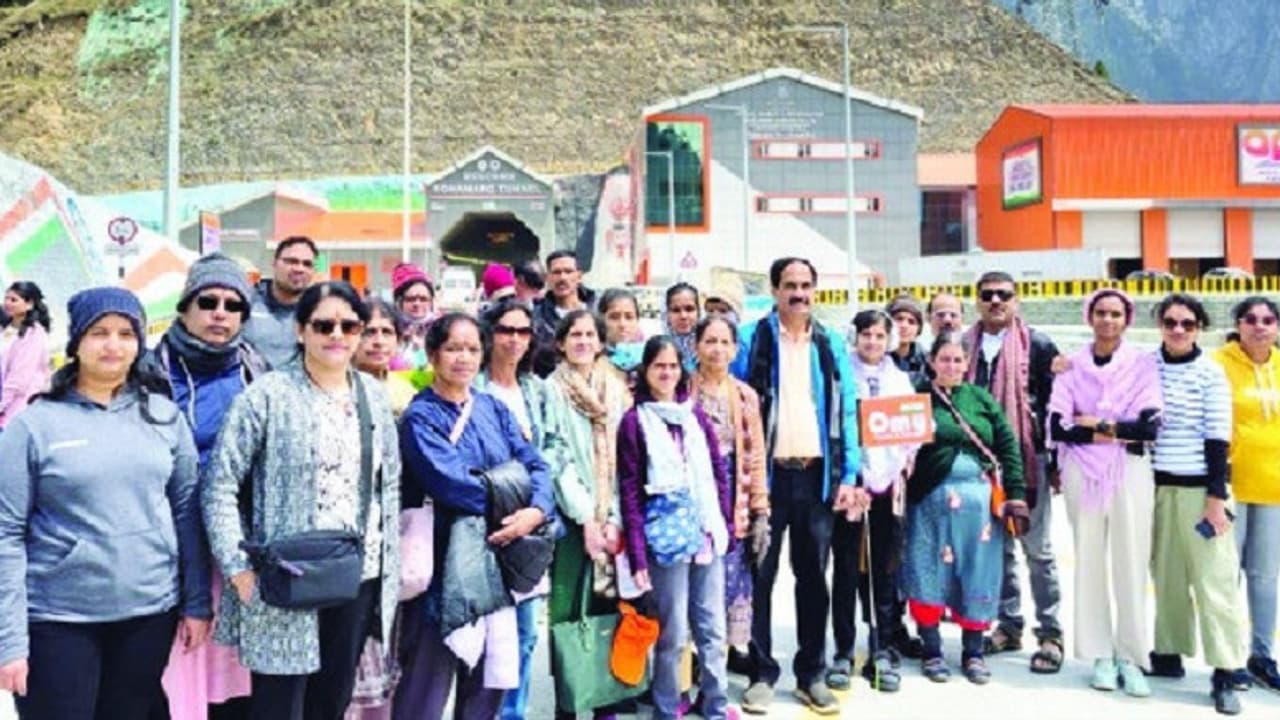At all-party meeting, the Centre clarified that troops weren’t deployed in Baisaran, near Pahalgam, as the area is secured only during Amarnath Yatra. The Opposition questioned the absence of forces after 26 civilians were killed.
The Centre has responded to sharp questions raised by the Opposition over the absence of security forces at Baisaran, the meadow near Pahalgam in Jammu and Kashmir, where 26 civilians were killed in a terrorist attack on April 22. The explanation came during an all-party meeting held on Thursday evening, chaired by Defence Minister Rajnath Singh and Home Minister Amit Shah.

The Opposition, led by Congress leader Rahul Gandhi, questioned why there was no troop deployment in the area, especially given the scale of the attack. The concern was echoed by several senior leaders including Leader of Opposition in the Rajya Sabha, Mallikarjun Kharge, and AAP MP Sanjay Singh. They pressed the government on whether adequate intelligence and preventive measures had been taken before the attack.
In its reply, the Centre said that the Baisaran meadow, often referred to as “Mini Switzerland” for its scenic beauty, is not a permanently guarded location. According to the government, security forces are deployed there seasonally—specifically ahead of the annual Amarnath Yatra, which usually begins in late June.
The area is part of a route used by pilgrims on their way to the Amarnath cave shrine, and it is during the yatra that Baisaran becomes a point of strategic importance. “The region is fortified and troops are posted only during the yatra period,” the government said during the meeting.
Officials went on to explain that tourists were not expected in the area during April. However, local tour operators reportedly began taking tourists to Baisaran as early as April 20—well ahead of the official opening of the route. Because the local administration had not been informed about these early tourist movements, there was no deployment of security personnel at the time of the attack.
This, the government argued, was a critical factor behind the vulnerability of the tourists. The Intelligence Bureau Director Tapan Deka, who also addressed the meeting, shared a timeline of the attack and intelligence inputs received prior to the incident. His 20-minute presentation included details of the terrorists’ movements, weapons used, and the immediate steps taken by the security forces in the aftermath.
The government stressed that going forward, protocols around early tourist activity in sensitive zones like Baisaran will be reviewed to ensure there are no such lapses.
The meeting also addressed broader national security issues and India’s diplomatic and strategic response to the attack. These include the suspension of the Indus Waters Treaty, expulsion of Pakistani military attaches, and the closure of the Attari land crossing.
When asked why the Indus Waters Treaty was suspended if India currently lacks the capacity to store diverted water, the government clarified that the move was symbolic but significant. “It was to send a clear and strong message to Pakistan. The decision is not just about water—it reflects our larger strategic intent,” a government representative said.
The all-party meeting was attended by a wide range of political leaders, including BJP President JP Nadda, NCP’s Supriya Sule and Praful Patel, BJD’s Sasmit Patra, Shiv Sena’s Shrikant Shinde, RJD’s Premchand Gupta, DMK’s Tiruchi Siva, and SP’s Ram Gopal Yadav.
The Centre reiterated its commitment to national security and assured that all lapses will be addressed with urgency and accountability.
The Centre’s explanations did not fully satisfy all Opposition leaders, but they acknowledged the detailed briefing and called for greater vigilance and communication in the future to prevent such tragedies.


